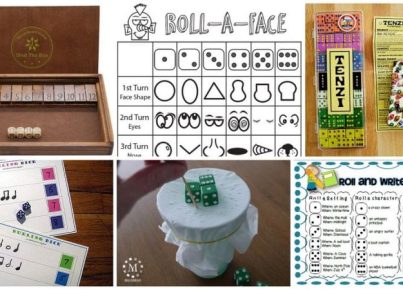Introduction:
A Religious Education (RE) teacher plays a vital role in the academic, spiritual, and moral development of students. By teaching about different religious beliefs and moral values, RE teachers contribute to fostering an atmosphere of understanding, tolerance, and respect for diverse beliefs in schools. This article explores the importance of religious education teachers, their responsibilities, and the impact they have on students’ lives.
The Importance of a Religious Education Teacher:
1.Promoting Understanding and Respect
One of the main objectives of a religious education teacher is to promote understanding, empathy, and mutual respect among students from different backgrounds and faiths. By exposing students to various religious traditions, RE teachers help them develop open-mindedness and cultivate empathy for people who hold different beliefs.
2.Nurturing Spirituality
For many children and adolescents, school might be the first opportunity they have to explore their own spirituality or learn about other religions. Through religious education classes, students can navigate their spiritual journeys with guidance from a knowledgeable RE teacher.
3.Building Moral Values
RE teachers play an essential role in shaping students’ moral values by imparting lessons from diverse religious traditions. They encourage students to develop their own moral compasses by teaching them about ethics derived from various religious beliefs.
4.Developing Cultural Awareness
In today’s interconnected world, cultural awareness is indispensable. By teaching about various customs and traditions related to different religions, RE teachers help students become culturally competent individuals who can interact respectfully with people from diverse backgrounds.
Responsibilities of a Religious Education Teacher:
1.Lesson Planning
Religious education teachers plan lessons in accordance with a curriculum established by their schools or local education authorities. They must ensure that lessons are engaging, relevant, and accessible to all students.
2.Classroom Management
Like any other teacher, RE teachers must maintain a positive learning environment that fosters thoughtful discussions and supports students’ intellectual and spiritual growth.
3.Assessment and Evaluation
RE teachers assess their students’ progress through tests, quizzes, essays, oral presentations, or other evaluative methods. Additionally, they evaluate students’ response to the curriculum content and make necessary adjustments to teaching methods as needed.
4.Encouraging Inclusivity
RE teachers create an inclusive environment where students feel comfortable discussing their religious beliefs and the beliefs of others without fear of prejudice or judgment.
Conclusion:
Religious education teachers hold a unique position in schools to nurture spiritual and moral growth among students of all age levels. By providing a safe space for exploring religious beliefs and fostering mutual respect, these educators serve as vital contributors to the well-rounded development of future generations.





